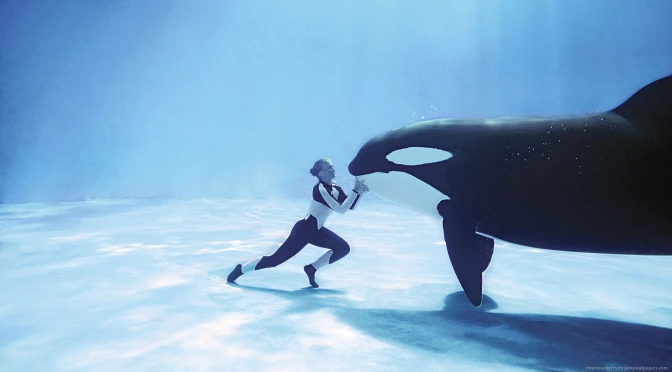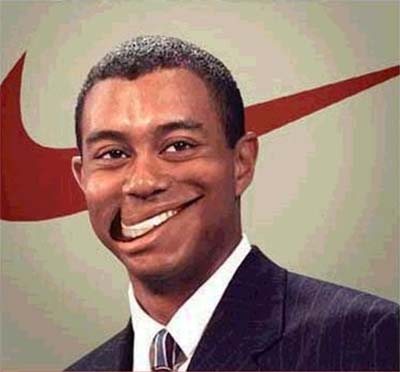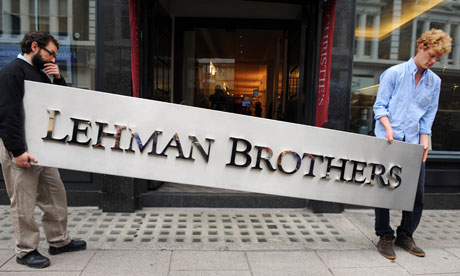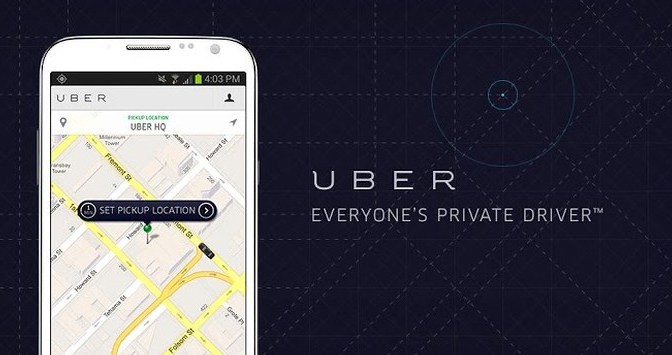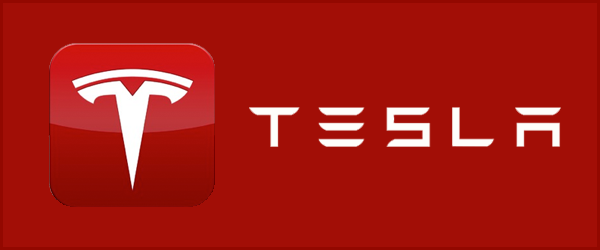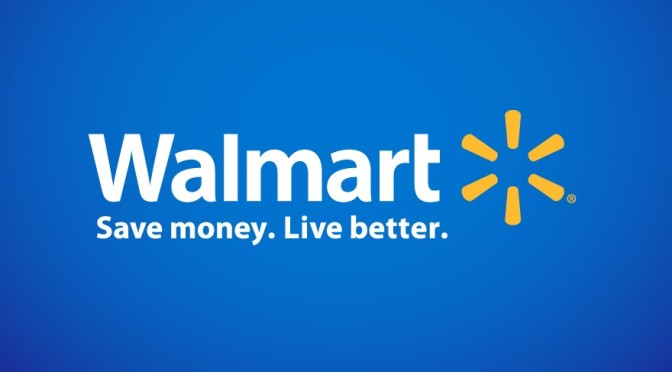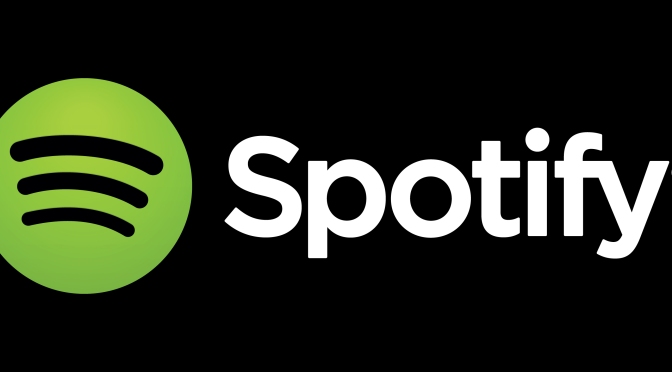It’s a beautiful, sunny day on February 24, 2010 and excited audience members sit on the edge of their seats waiting for the show to begin. Tilikum, the 12,000 pound male Killer whale, emerges from the pool in a spectacular flip; the entrance of yet another of the thousands of performances he’s put on for SeaWorld over the years. The kids in the audience squeal with delight as the 22-foot whale and his 3 co-stars splash waves of water out of the pool with flaps of their tails. Forty-year-old veteran trainer, Dawn Brancheau stands by as the shows grand finale approaches. The 4 Killer whales simultaneously jump out of the pool and flip as the crowd goes wild. The whales, including Tilikum, return to their respective trainers for their rewards, the audience begins to file out, and the 30-minute performance comes to an end. Moments later, Dawn Brancheau is pulled into the water and killed by the whale she worked with and trained for years. This wasn’t Tillikum’s first attack, and it won’t be his last… Continue reading Will we See a World Without SeaWorld?
Daily Archives: November 24, 2014
Nike Just Won’t Do It
In this paper, Nike’s business practices, pre and post 2001 will be explored through a deontological and teleological perspective in order to gain insight on whether Nike can be considered an ethical or unethical company.
The Unethical Decisions Behind the Collapse of Lehman Brothers
In September, 2008, a financial crisis not seen in the United States since the Great Depression swept the nation. Some of Wall Street’s biggest firms, such as Goldman Sachs, Merrill Lynch, Lehman Brothers, and Morgan Stanley, faced serious financial issues that threatened the future and longevity of the renowned institutions. Continue reading The Unethical Decisions Behind the Collapse of Lehman Brothers
Uber: A resource for everyone
What is Uber?
You have just finished a fancy dinner in New York City with a close friend and it was exactly what you needed after a long work week. The only issue is its Friday night and there is not a single available taxi in sight. You reach into your pocket for your phone and “unlock” a whole new world. With a quick click of your “Uber” app you are on your way to setting up a ride home-quick access to a safe and convenient way home. But how could it be that easy? How does this work? Continue reading Uber: A resource for everyone
The United State’s Missed Opportunity for Global Climate Leadership
When the Kyoto Protocol reached United States Congress in 1997, the global focus was put onto the environment and the complex implications that industrialization had on the atmosphere. Scientists were beginning to understand the long-term effects of CO2 emissions and it was the responsibility of world leaders to treat these issues with the importance and urgency that they deserved. The United States was a main focus and its decision could have set a precedent for placing the environment and its many benefactors as a priority. However, politicians such as George Bush and those of the Senate cited economic issues and the non-participation of developing countries as the reasons why the US would not participate in the Kyoto Protocol. I have included in this paper why both of these methods of reasoningare not ethically based, and have contributed to creating global climate problems that will continue into the future. Continue reading The United State’s Missed Opportunity for Global Climate Leadership
Tesla, the Battery Company. Not the Car Company.
Efficiency through effective, but most importantly, environmentally friendly manners is a relentless goal for all organizations within our society. One of the companies that has best been able to achieve this goal throughout recent years has without a doubt been Tesla Motors. The American company has gained significant public attention for their designs, manufacturing, and selling of electric cars that has not only made them one of the most recognizable automobile companies, but also one of the most environmentally friendly companies throughout the globe. This is primarily because of their capabilities to reduce car emissions. However, despite their efforts to reduce the negative effects on the environment, throughout this essay I will argue that what makes Tesla Motors most unique is not their cars, but rather, their batteries.
Continue reading Tesla, the Battery Company. Not the Car Company.
Save Money….Live Better?
Wal-Mart
In the 1950’s, Sam Walton collected the capital to purchase several franchises for the Ben Franklin 5 and Dime chain. These stores flourished under the entrepreneur’s new management practices, which carried out a strategy of purchasing directly from manufacturers, selling at discounted prices, and increasing inventory volume (Fredericks 1995). This strategy became the foundation for Sam Walton’s business that we know today as Wal-Mart. Walton opened his first Wal-Mart in Arkansas in 1962; 50 years later, over 90% of US consumers have shopped at a Wal-Mart at least once (Fredericks 1995). The small discount retailer has grown into a multibillion-dollar corporation bent on providing the lowest prices everyday to the millions of customers that shop at Wal-Mart. Walton’s low price strategy followed this simple logic:
HealthSouth, Inc.: A Case of Corporate Fraud
Background
The 1960s found 17-year-old Richard Scrushy pumping gas in Selma, Alabama, thinking of better opportunities. With his then-wife pregnant, Scrushy found his first real job working alongside his mother as a respiratory technician.5 After graduating from the University of Alabama, Scrushy was hired at an entry-level position at Lifemark Corp, a Houston-based health-care company.5 He worked his way up the ladder and, in no time, was running the company’s pharmacy, physical rehab, and merger departments.5 In 1984, Scrushy received a $1 million loan from Citicorp Venture Capital to start his own company, HealthSouth, Inc.5 HealthSouth, the first national chain of orthopedic hospitals and outpatient centers, quickly became one of United States’ largest owners and operators of inpatient rehabilitative hospitals.1,5 By 1996, when Scrushy took his company public, HealthSouth had a massive market value of over $12 billion.2 However, in retrospect, HealthSouth’s growth, market value, and financial statement values were not nearly what they appeared to be, as HealthSouth executives had perpetrated an upwards of $2.7 billion of accounting fraud.3
Continue reading HealthSouth, Inc.: A Case of Corporate Fraud
Swimming Downstream: The Ethics of Spotify
Recently, I was jamming heavily to some Maroon 5 in my room with my friends using the online streaming program Spotify. The mood was awesome—great times, even better people, awesome music, and wonderful conversation. But then the music stopped. We all heard the jingle we hate the most: “O, O, O, O-Reilly…Auto Parts!” The room went silent. I awkwardly remarked: “That killed the mood.” I then considered, as I do almost daily, whether I wanted to sign up for a $5 a month student subscription to Spotify. Or maybe I could just buy my songs on iTunes and support the artist? Or, would I go against everything I stood for as an aspiring musician and businessman and go back to illegally torrenting my songs? Artists are rich anyway—do they really need my money when most of their revenues are made on touring? In this essay, I will argue that Spotify, the semi-free streaming application, is an ethical company that reaps benefits for all major players in the music industry. I will use a utilitarian analysis to demonstrate Spotify’s ideal appropriation of benefits and reduction of suffering against other forms of music consumption, and as it pertains to the future of the music business.
WANTED: FREE COLLEGE EDUCATION
Today it is difficult to fathom graduating from college without student debt. It seems like a long lost dream that only our parents were able to achieve by working throughout their college career for an education that cost a tenth of what it does today. Continue reading WANTED: FREE COLLEGE EDUCATION

